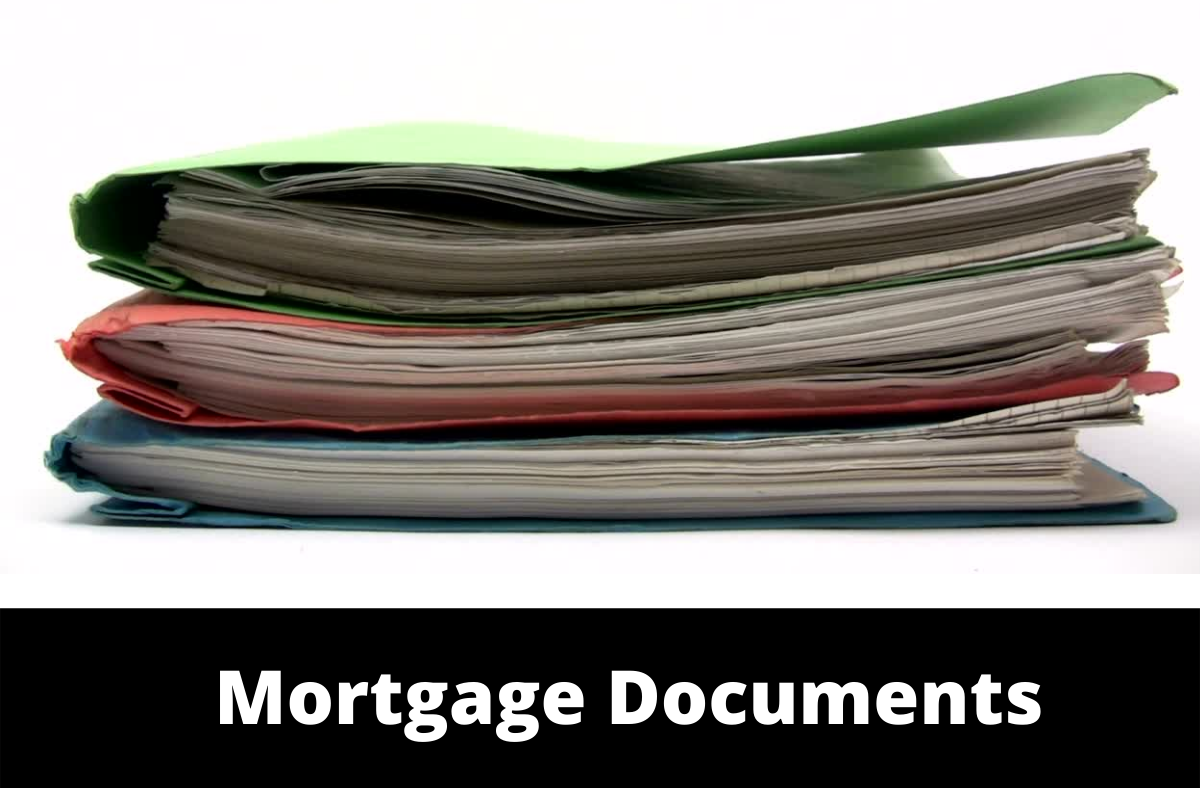How Long To Save Mortgage Documents
 Purchasing a house involves a tremendous amount of paperwork. There is even more paperwork involved if the buyer goes through a lender. With so much paperwork, some homeowners might be wondering how long they have to keep all of these documents. Ideally, homeowners should keep these documents for the life of the loan, but there are a few other points to consider.
Purchasing a house involves a tremendous amount of paperwork. There is even more paperwork involved if the buyer goes through a lender. With so much paperwork, some homeowners might be wondering how long they have to keep all of these documents. Ideally, homeowners should keep these documents for the life of the loan, but there are a few other points to consider.
What Documents Come With The Home?
Even though the exact documents that come with the home can vary depending on the type of purchase, there are a few common pieces of paper. The deed is one of the most important documents that come with the house. It indicates that the homeowner actually owns the home. The promissory note is also important. This is the mortgage contract, and it states that the homeowner agrees to repay the debt with the interest agreed upon. A purchase agreement is signed by the buyer and seller. It includes the price of the house, the closing date, and other details. Title insurance is also important because it protects the homeowner from issues with the title to the house.
Which Documents Must Be Saved?
Ideally, all of these documents should be saved; however, the deed to the house is the most important thing. It is critical because it signifies the homeowner owns his or her house. It is also a smart idea to keep the inspection report or the closing disclosure, as this highlights any potential issues with the home. The homeowner may need to go back to those documents later to see what issues might need to be addressed.
Why Keep These Documents?
Homeowners need to save these documents because they can be helpful if issues arise with the house. For example, these documents might be necessary for tax season, as there are a lot of deductions that could stem from the purchase of a house. It is important to work with a tax professional on these issues. Furthermore, these documents are helpful if a legal or insurance question arises. Homeowners might need these documents to address any concerns. These documents can also be helpful when homeowners decide to sell the house down the road. It is prudent to store these documents in a safe or a safety deposit box at the bank.
Categories
- Around The Home
- Awards
- Bankruptcy History
- Budget
- Chapter 7 Bankruptcy
- Construction Loan
- Credit
- Credit Scoring
- Environmental Awareness
- Escrow Tips
- Fair Housing
- Federal Reserve
- FHFA
- Financial Crisis
- Financial Fraud
- Financial Reports
- Foreclosure
- Holiday Tips
- Holidays
- Home Building Tips
- Home Buyer Tips
- Home Buying Tips
- Home Care
- Home Care Tips
- Home Decorating
- Home Financing Tips
- Home Maintenance
- Home Mortgage
- Home Mortgage
- Home Mortgage Tips
- Home Mortgages
- Home Seller Tips
- Home Selling Tips
- Home Tips
- Home Values
- Home Values
- Homebuyer Tips
- Homeowner Tips
- Housing Analysis
- Housing Market
- Investment Properties
- Market Outlook
- Mortagage Tips
- Mortgage
- Mortgage Application
- Mortgage Guidelines
- Mortgage Rates
- Mortgage Tips
- mortgage-rates-whats-ahead-september-17-2012
- Organization Tips
- Personal Development
- Personal Finance
- Rankings
- Real Estate
- Real Estate Definitions
- Real Estate Tips
- Real Estate Trends
- Selling Your Home
- Student Loans
- Tax Debts
- Taxes
- The Economy
- Travel
- Uncategorized